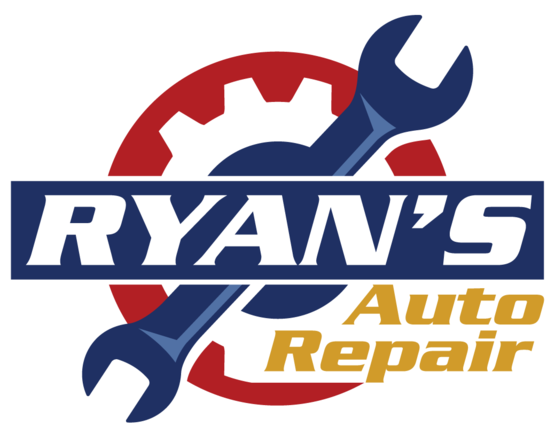Fuel Injection Keeps Getting Better for Plymouth Motorists
November 6, 2023
Plymouth residents know that engines burn fuel to operate. Fuel is pumped from your fuel tank to your engine where it is squirted—or injected—into your engine's cylinders. This is the function of the fuel injectors.
There are two ways to inject fuel into an engine. Fuel needs air to burn, so in the first method, fuel is injected into a port and allowed to mix with air—and before it is drawn into the cylinders. In the second method, fuel is injected directly into the cylinders and mixes with air after it enters the engine.
Direct injection engines burn fuel more efficiently than conventional engines. Some models can deliver the power of a V8 with the economy of a V6.
For example, in one family of engines, the conventional version (a V6) delivers about 250 horsepower. The direct injection version delivers over 300 horsepower and gets about the same . The turbocharged version delivers 350 horsepower.
Why the big difference in power? Direct injection systems allow fuel to be squirted into the engine at hundreds of times the pressure of a conventional engine. This atomizes the fuel better (breaks it down into tinier droplets), which means more of it gets burned, which translates to more power for your engine. It also results in cleaner emissions and improved fuel economy.
Fuel injectors are precision instruments. They have to deliver the right amount of fuel at exactly the time the engine needs it. They are also engineered to inject fuel with a specific spray pattern. This spray pattern allows for maximum fuel efficiency and proper atomization.
Direct injection engines require a much higher degree of precision than conventional engines. For this reason, they are equipped with more sophisticated computers.
When fuel injectors get dirty, their precision drops off. The spray pattern won't be precise, and the timing of fuel delivery may be off. This decreases fuel efficiency and fuel economy for Plymouth drivers as well as delivering less power to the engine.
Fuel injectors are not cheap to replace. Direct injection fuel injectors are even more expensive. And we're talking a mortgage payment to buy a set of new fuel injectors for a diesel engine.
So keeping your fuel injectors clean is just good auto advice for Plymouth residents. The best way to do this is to change your air and fuel filters regularly and practice other habits of good vehicle care and preventive maintenance at Ryan?s Auto Repair of Plymouth in Plymouth. Cleaning additives in your fuel can also help.
If you do end up with gum or varnish in your fuel system, you'll need a professional fuel system cleaning. This will clean out your whole system, including the injectors. The good news is that with proper maintenance, your fuel injectors will last for a long time.
Ryan?s Auto Repair of Plymouth
41990 Joy Rd
Plymouth, MI 48170
734-454-0979
https://www.ryansautorepairplymouth.com/
Need Service?
More articles from Ryan's Auto Repair of Plymouth

Give it the Boot (Ball Joint Boot Replacement)
April 20, 2025
Your vehicle may be wearing boots right now and you might not even know it. They're called ball joint boots. They're actually protective, flexible things that protect parts of your suspension (called ball joints) from all the hazards the road can fling at them. If one of those ball joint boots... More

Poor Reflections (Door Mirror Problems)
April 13, 2025
Mirror, mirror on the door, why is my vision there so poor? Well, you could have a broken outside rearview mirror that's disabled your blind spot vision there and endangering your ability to see some of the traffic around you. Outside rearview (or door) mirrors are important safety devices that ... More

Ryan?s Auto Repair of Plymouth Advice on What to Pour into Your Vehicle
April 6, 2025
Changes in vehicle design and manufacture have resulted in changed fluid requirements for our vehicles. With the sophistication of engines, transmissions, differentials, etc., it's best for Plymouth residents to always use the proper type of fluid for their vehicle. Using incorrect fluids can ac... More










